Smooth Borders, Unforgettable Miles
Documents That Open Gates


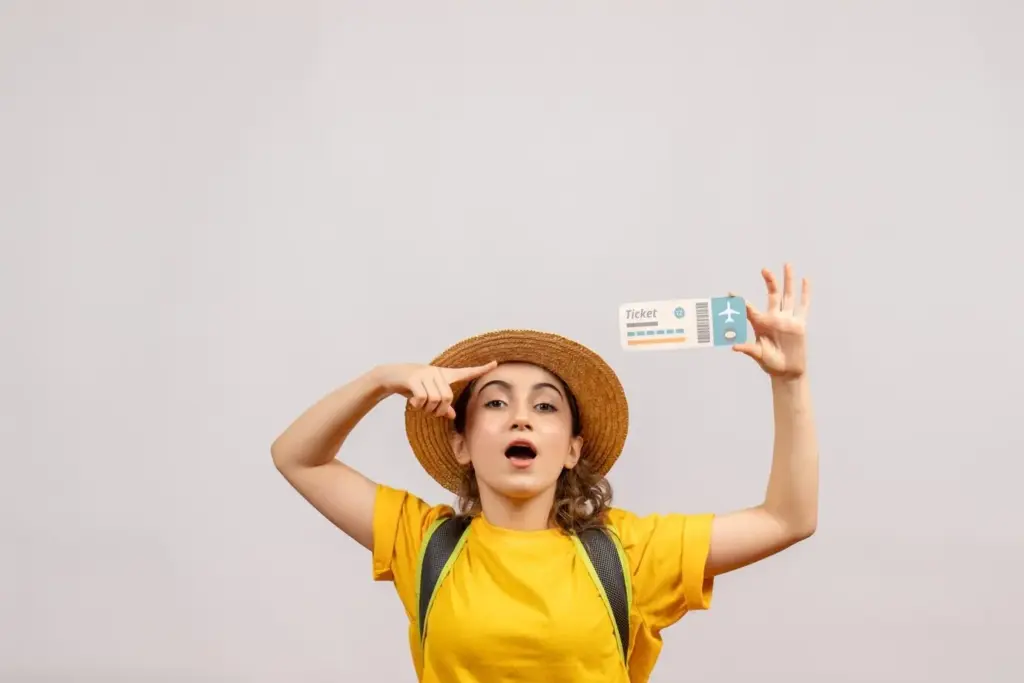
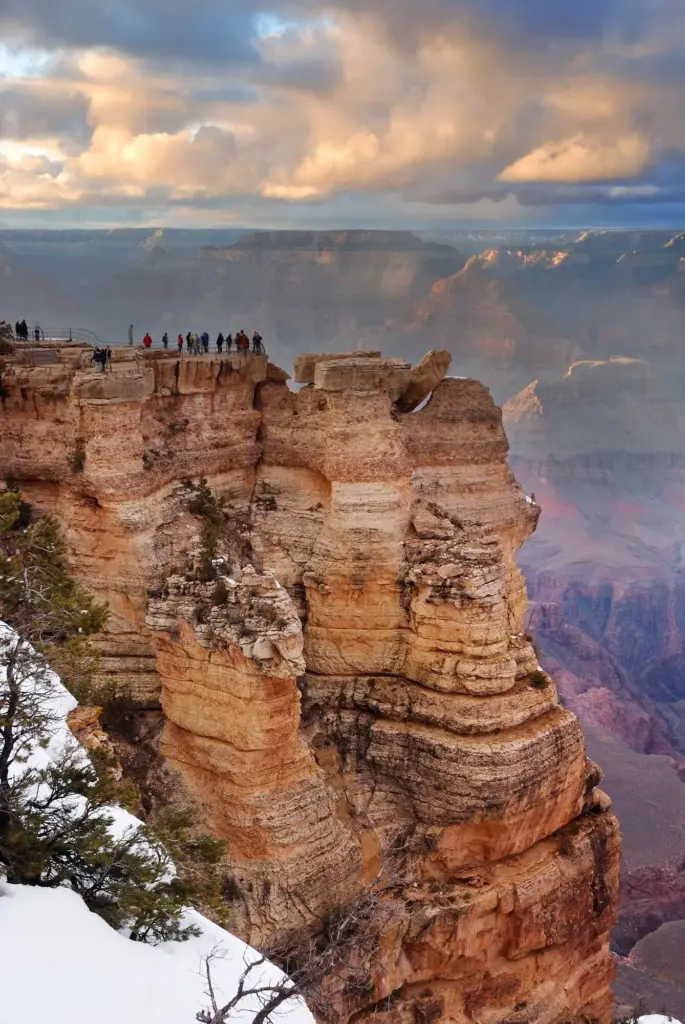
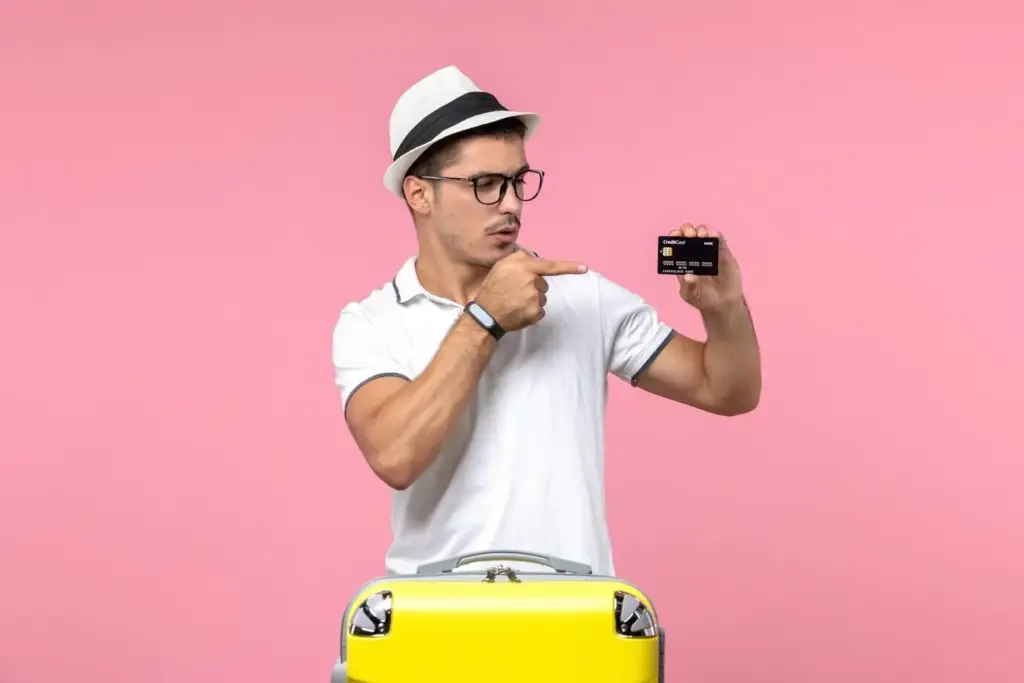
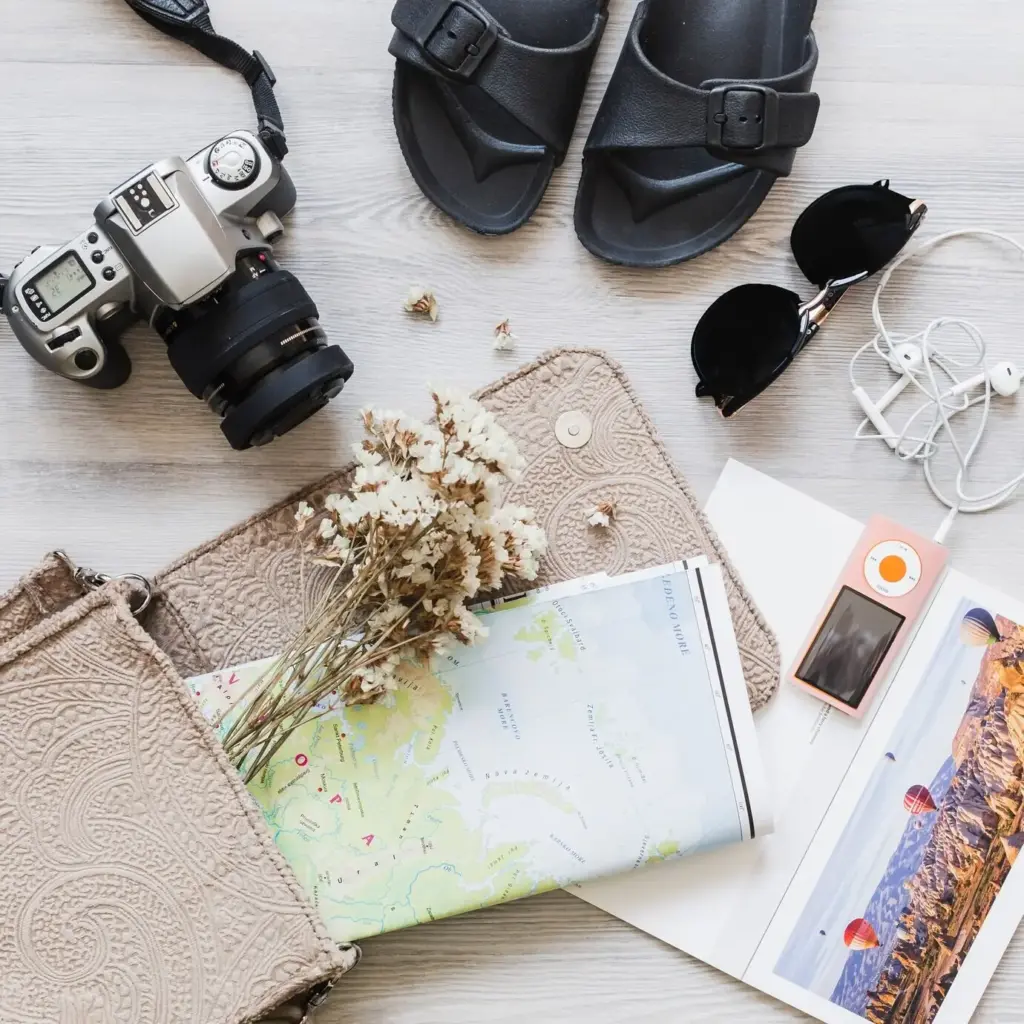
Routes, Timing, and Choosing Your Crossing
Picking the Right Port of Entry
Famous crossings like Peace Arch, Ambassador Bridge, or San Ysidro entice for convenience, but smaller ports sometimes move faster. Check hours because some lanes close overnight. Long rigs can clog commercial routes; vacationers surge late afternoons. If towing, verify height and weight limits. Consider scenic alternatives that reduce stress while adding charm, then bookmark official port pages so changes in staffing or construction never surprise your carefully planned day.
Beating the Wait
Use the CBP Border Wait Times website and app, and the CBSA’s tools, to scout congestion. Travel early mornings or midweek when possible. Keep phones visible but silent, documents ready, and sunglasses off as you approach the booth. Avoid switching lanes impulsively. Trusted traveler programs, if eligible, can save hours over a busy season. Remember, even a twenty‑minute head start can mean scoring that perfect campsite before sunset.
What You Can Bring Across
Food and Agriculture Rules
Alcohol, Tobacco, and Duties
Medications, CBD, and Restricted Items
Driving into Canada
Returning to the United States
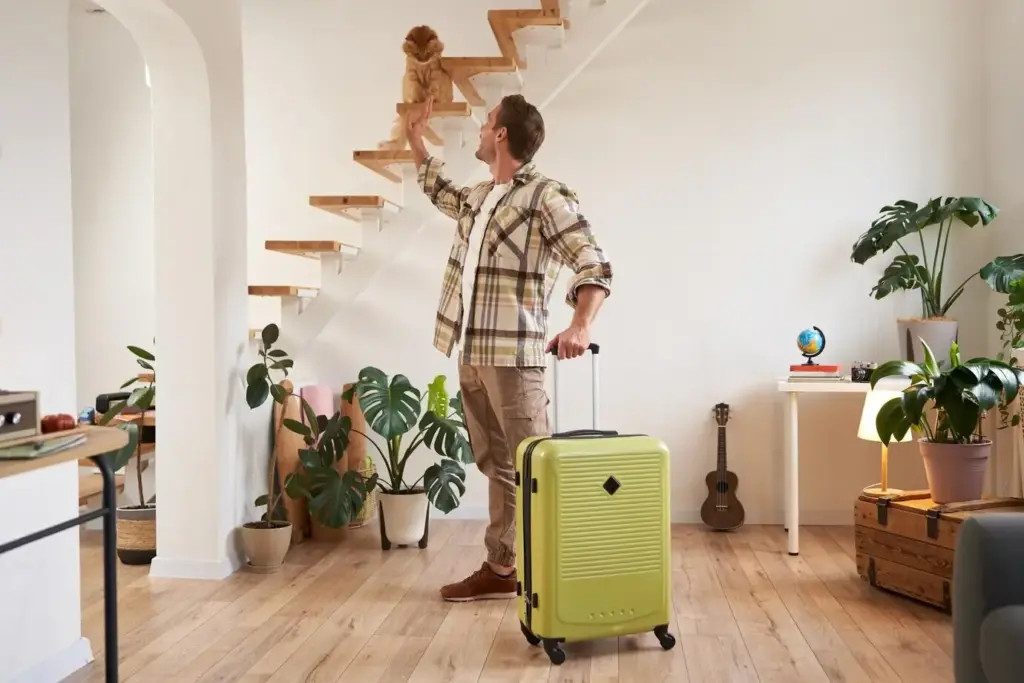

U.S.–Mexico Essentials
Etiquette, Setbacks, and Smarter Travel



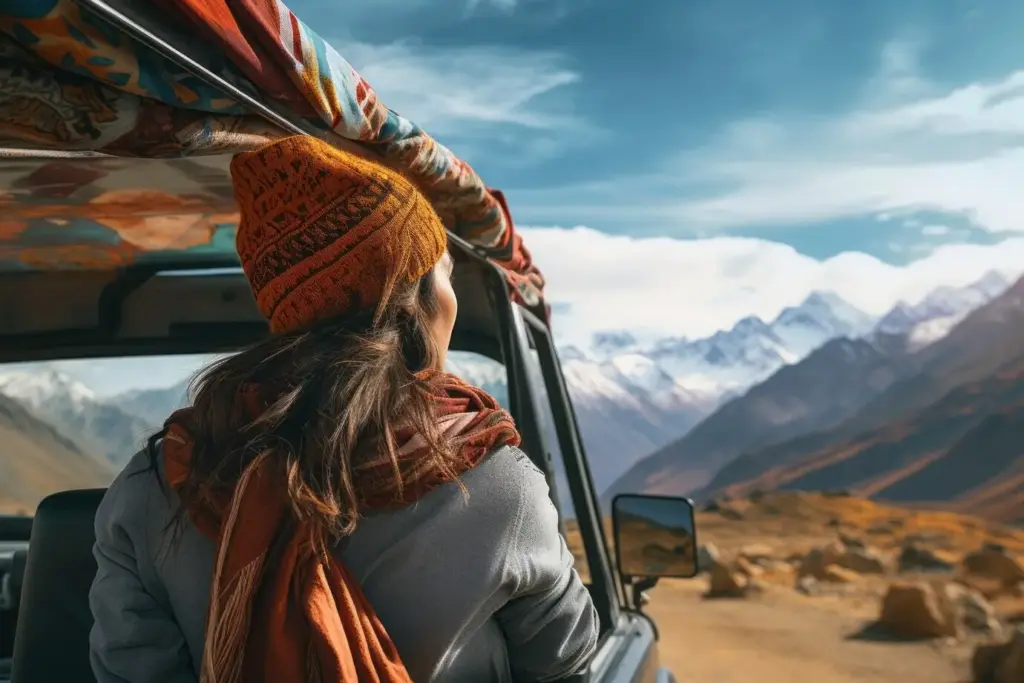
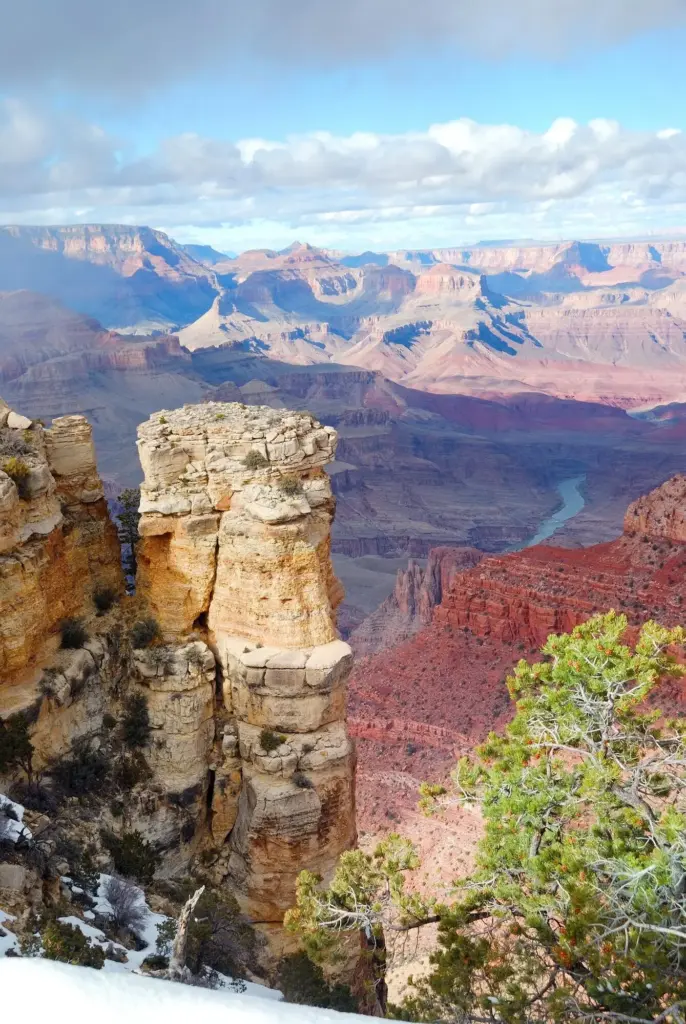
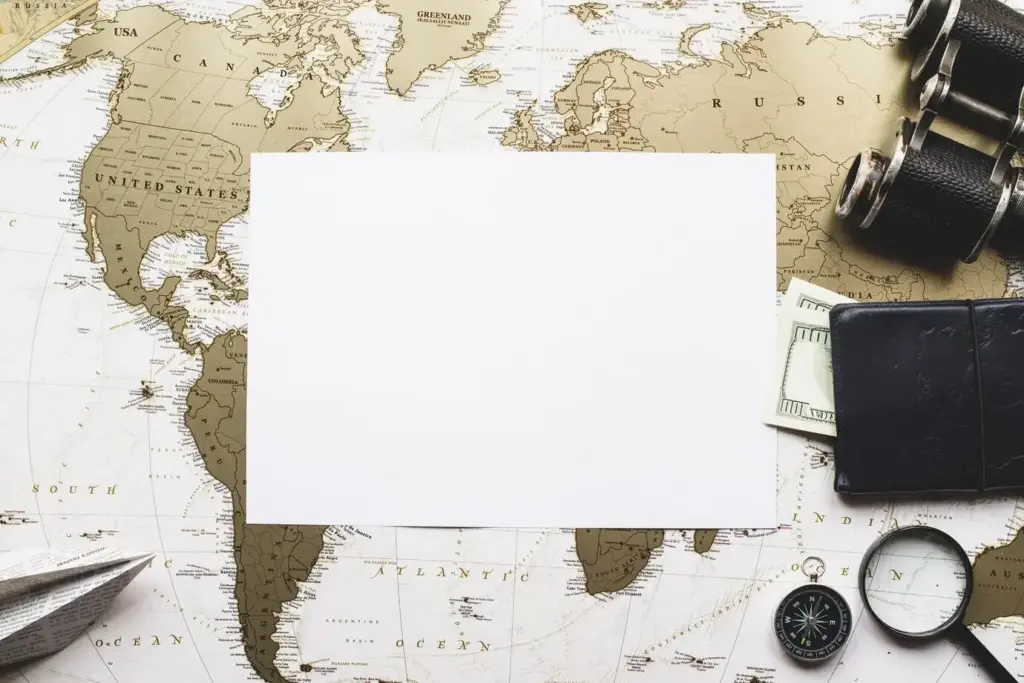
All Rights Reserved.